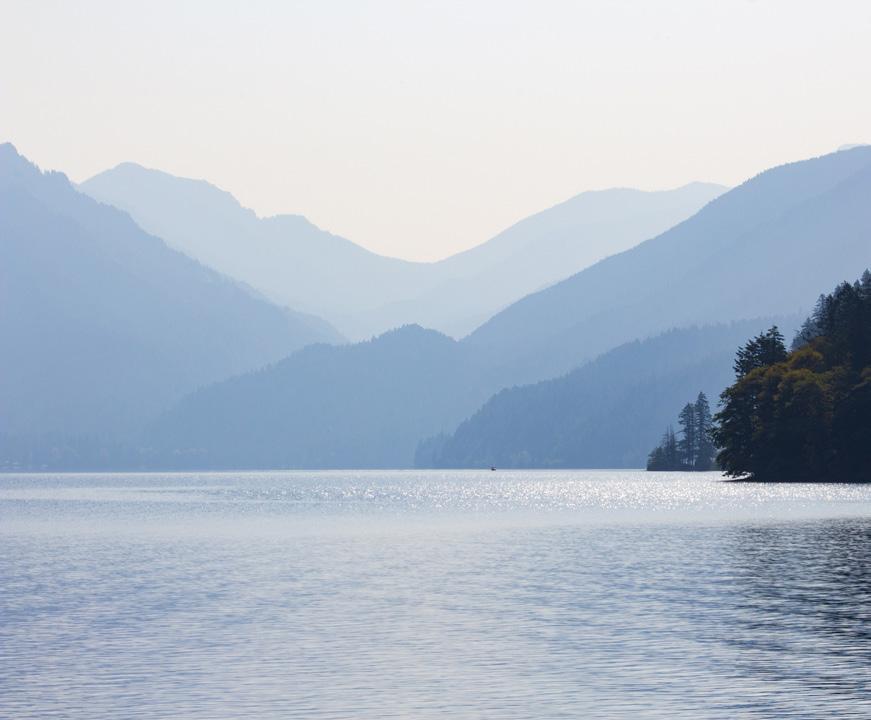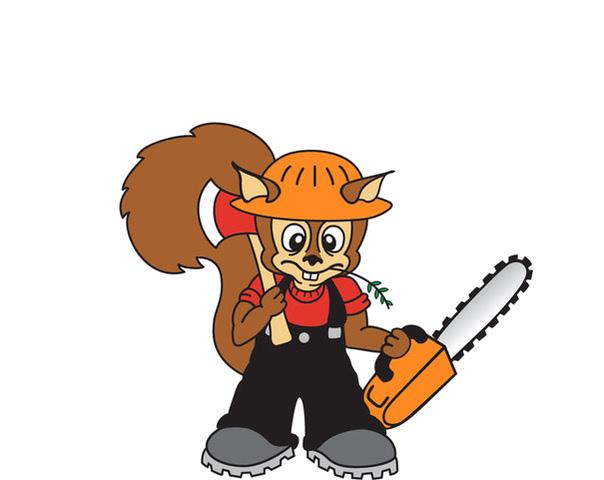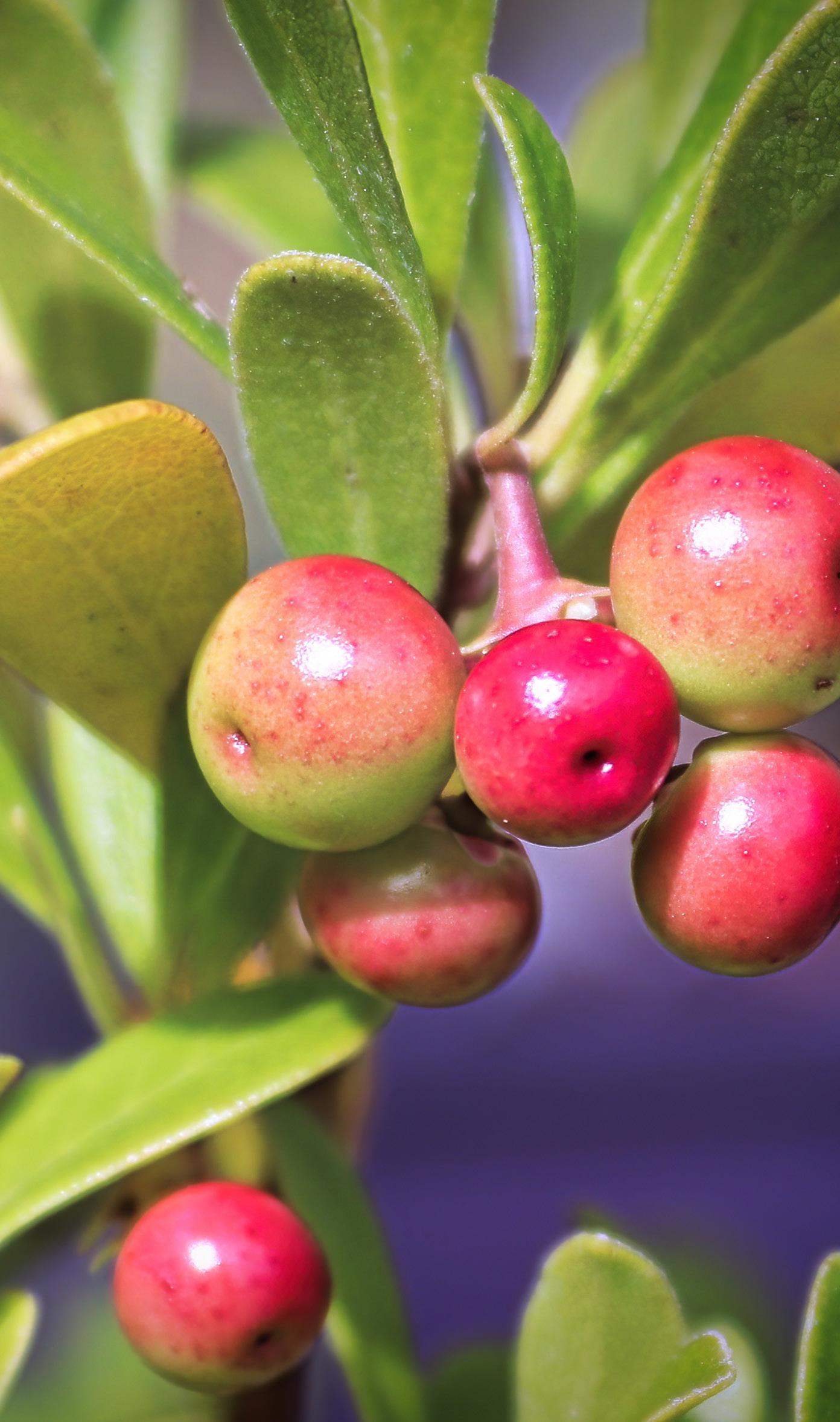
1 minute read
KinNikinnick snowberry
As a home gardener, research which varieties are too aggressive for the home garden. Those same plants can be put to great use for erosion control and stream bank stabilization.
These two websites will be useful in offering more information about native plants specific to your region: IdahoNativePlants.org/northernidaho-guide and Bentler.us/eastern-washington/plants/trees/default. aspx. They will help you decide which are the best plants for your specific areas, and of course, I’d love to talk with you in person about it at the nursery!
Here are a few of my favorite natives and their cousins. Come see them in person at the nursery. We carry several varieties throughout the year, and you’re sure to find the perfect accents to enhance your outdoor living spaces!
• Ninebark: So many incredible colors
• Elderberry: Beautiful berries, great jam
• Kinnikinnick (bearberry): Striking red berries
• Snowberries: A great accompaniment to a bouquet of cut flowers
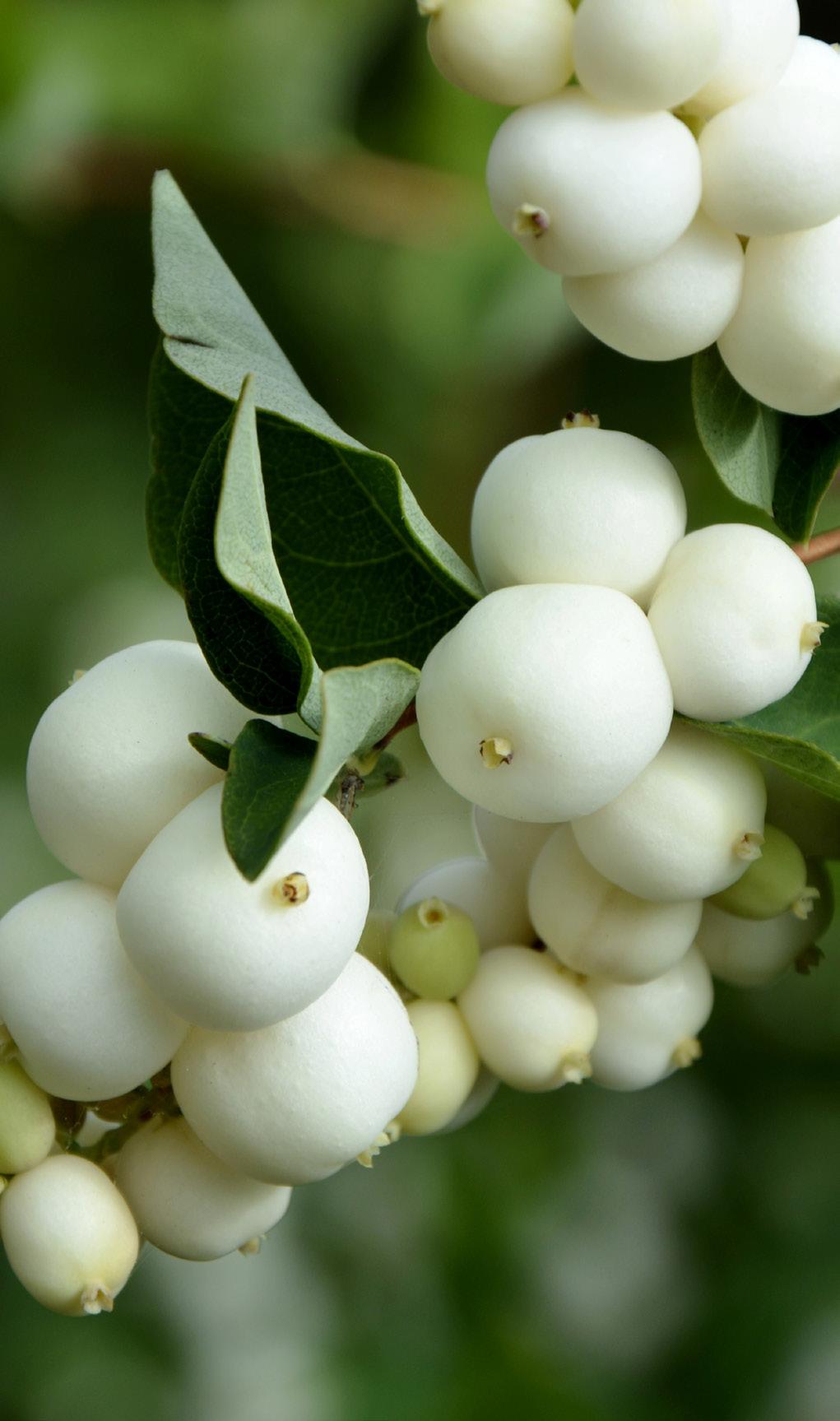
• Idaho Fescue: Grasses add movement to your landscape … watch them sway in the breeze!
Remember, too, that native plants can be very strong. They are more likely to establish quickly and will be very hardy and healthy, as they have evolved over many years, learning to thrive in the various elements of our specific climates. They have strong root systems, making them tolerant to strong winds that we experience in some areas of our region and are acclimated to the rocky or clay types of soil found in our locale.
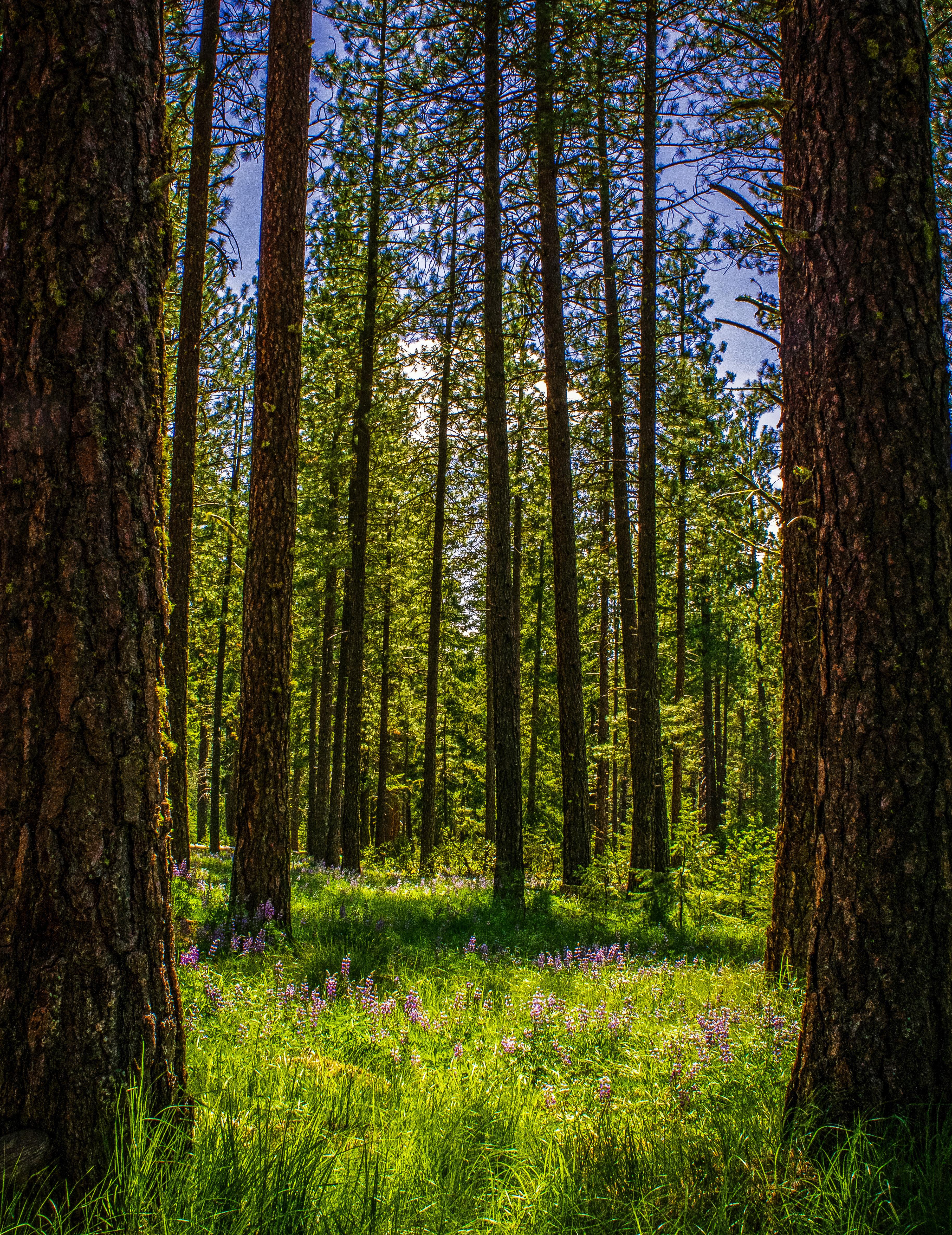
Amending the soil is always a good way to ensure success—with natives and all plants. We are proud to carry the full line of G & B products. From their composts to soil amendments, along with fertilizers and foods specifically created for roses, vegetables and flowers, you can rest well knowing the products you are using are safe for our environment.
One final word on native plants, in addition to all the other benefits: Native plants can also benefit local wildlife. According to our friends at The Audubon Society, native plants provide nectar for pollinators including hummingbirds, native bees, butterflies, moths and bats. They provide protective shelter for many mammals. The native nuts, seeds and fruits produced by these plants offer essential foods for all forms of wildlife. Add some of these hardy workhorses to your landscape soon!
Caring For All Your Tree Needs
